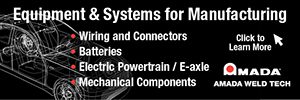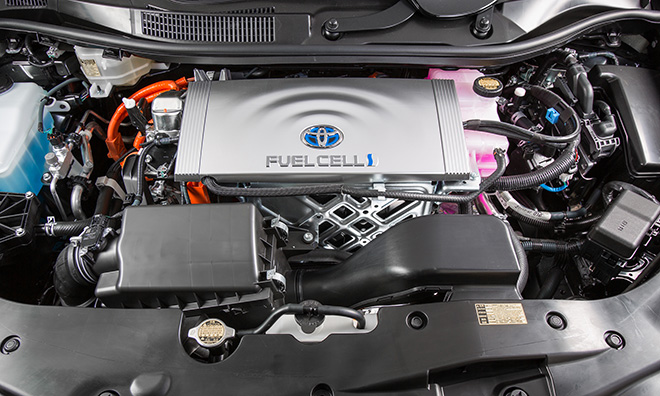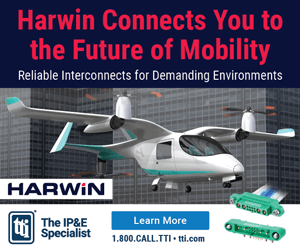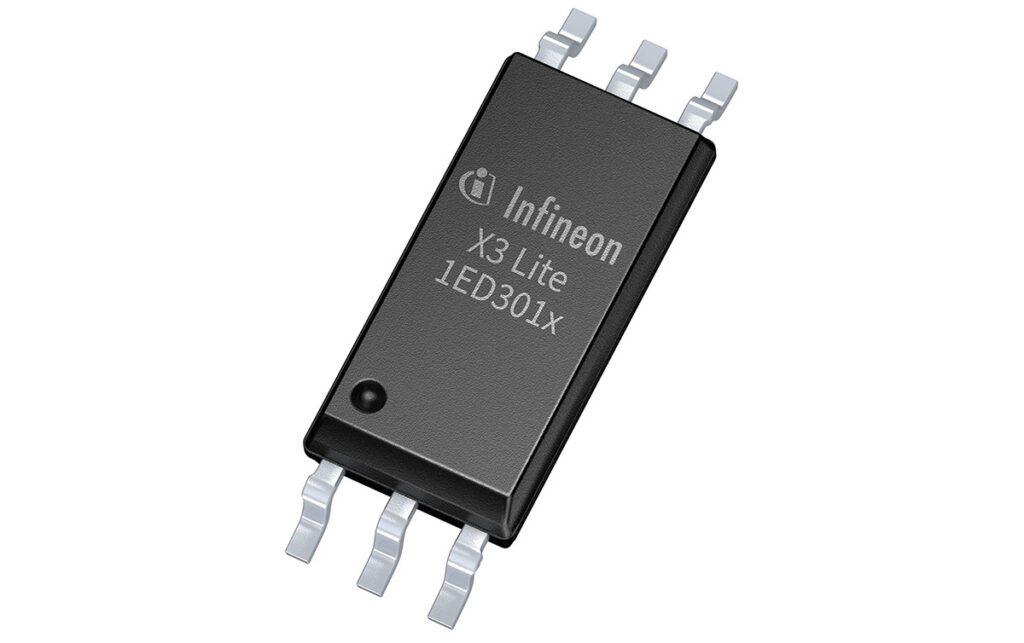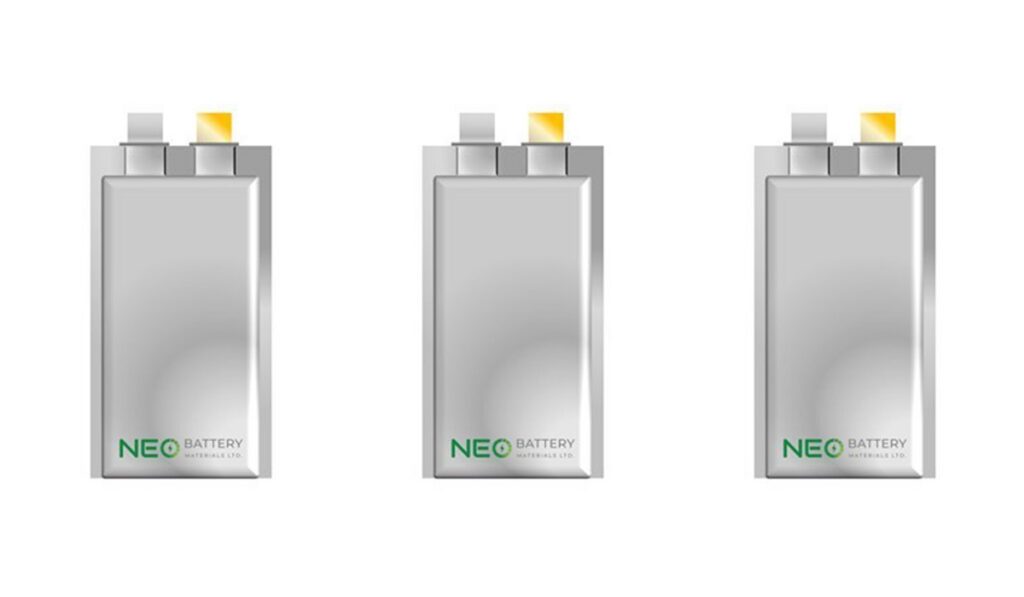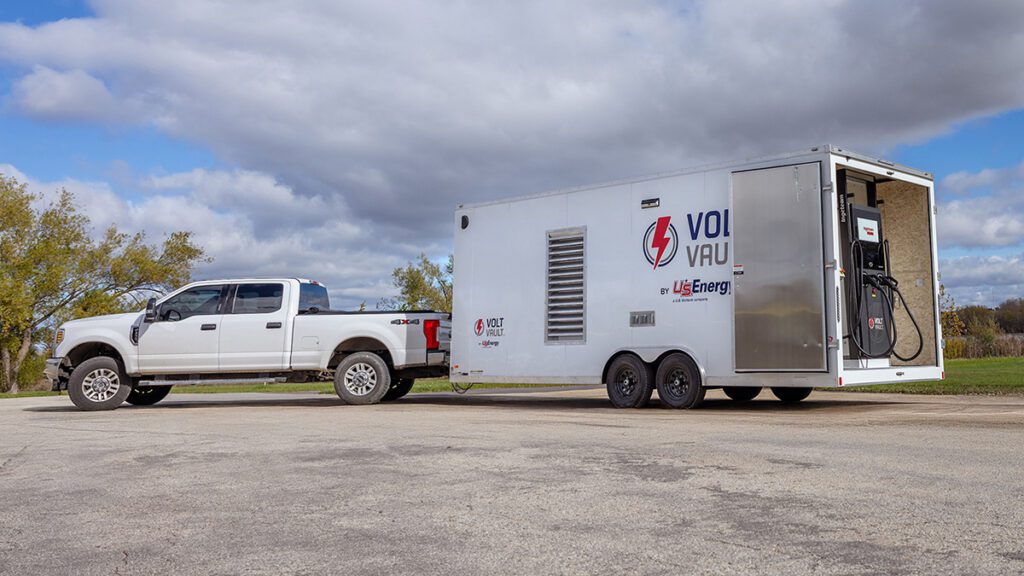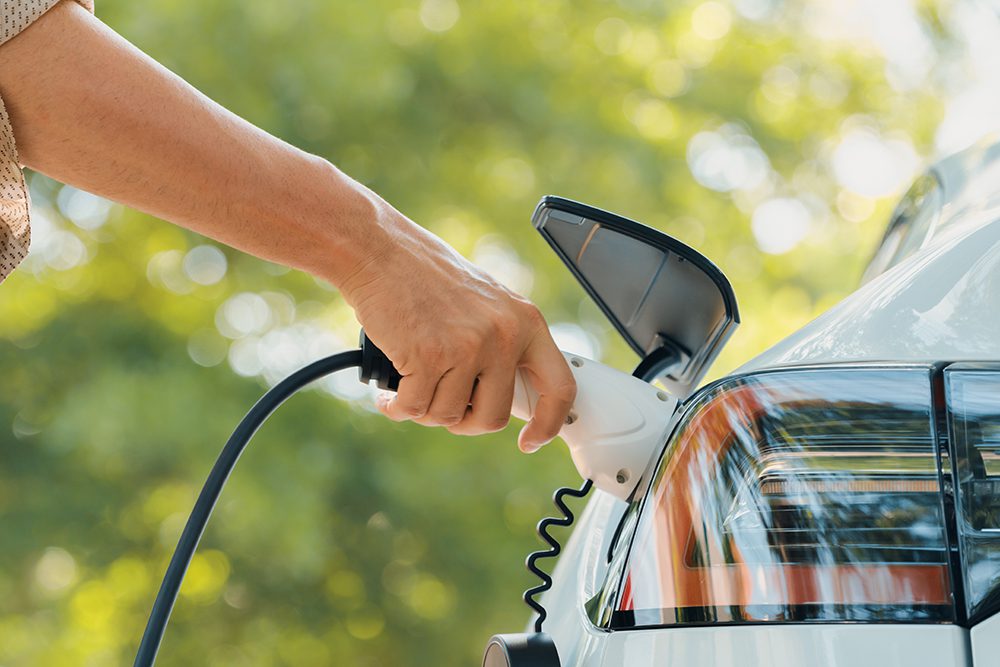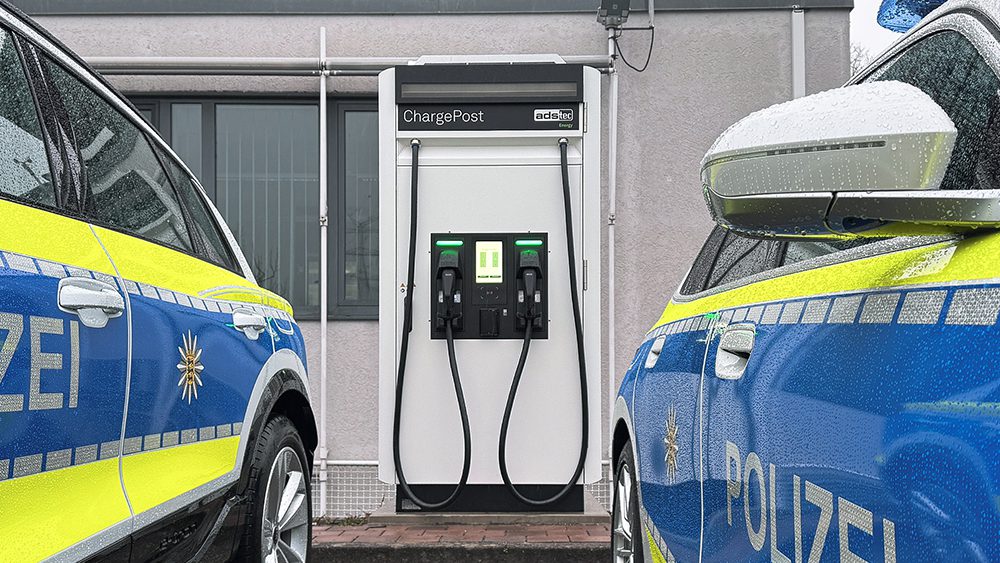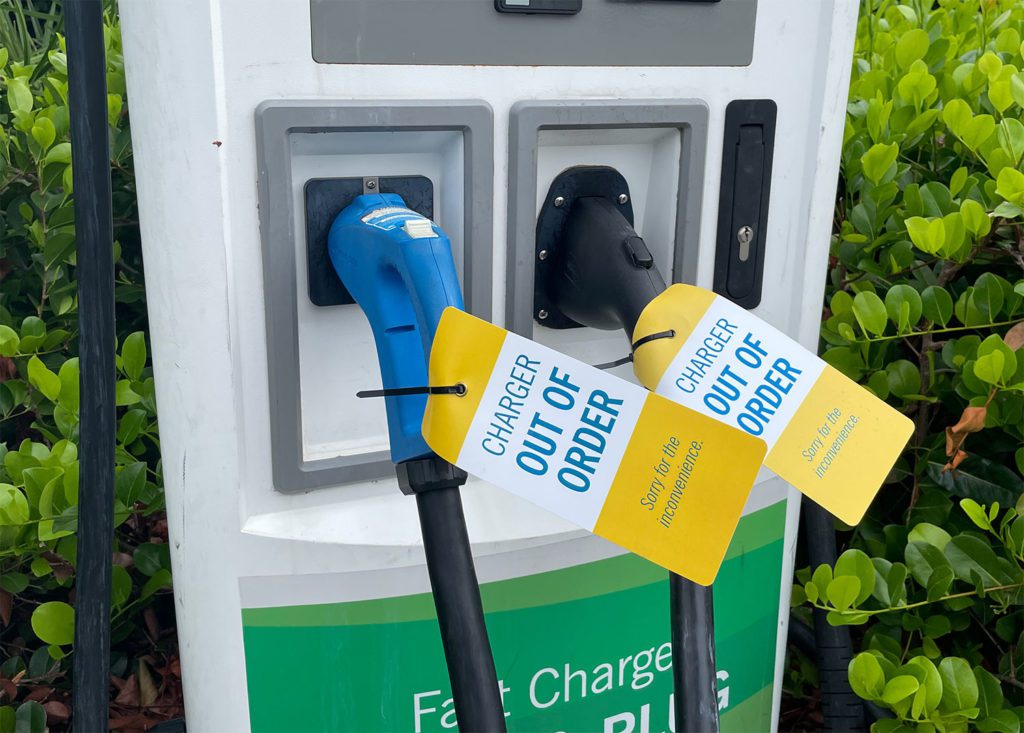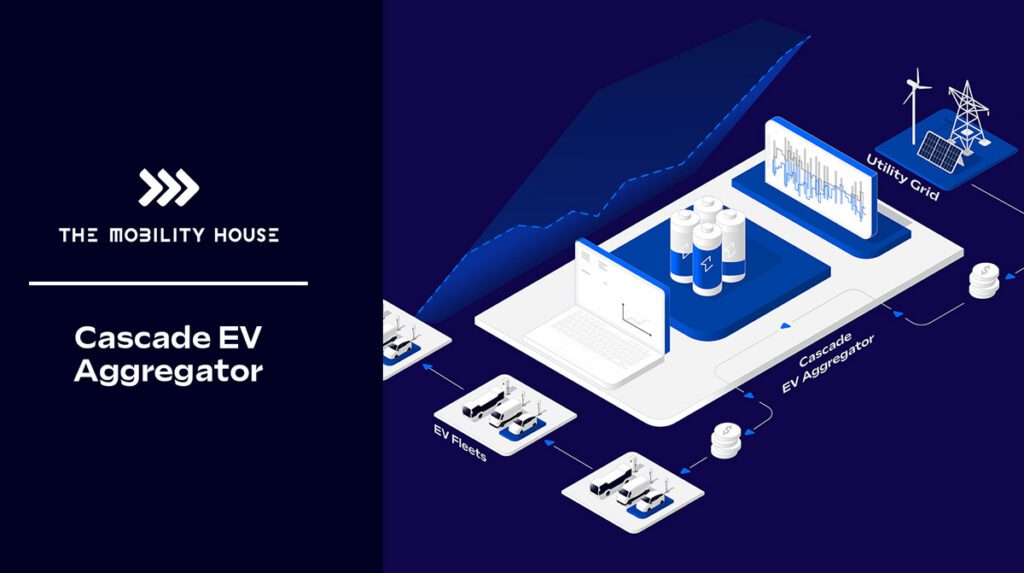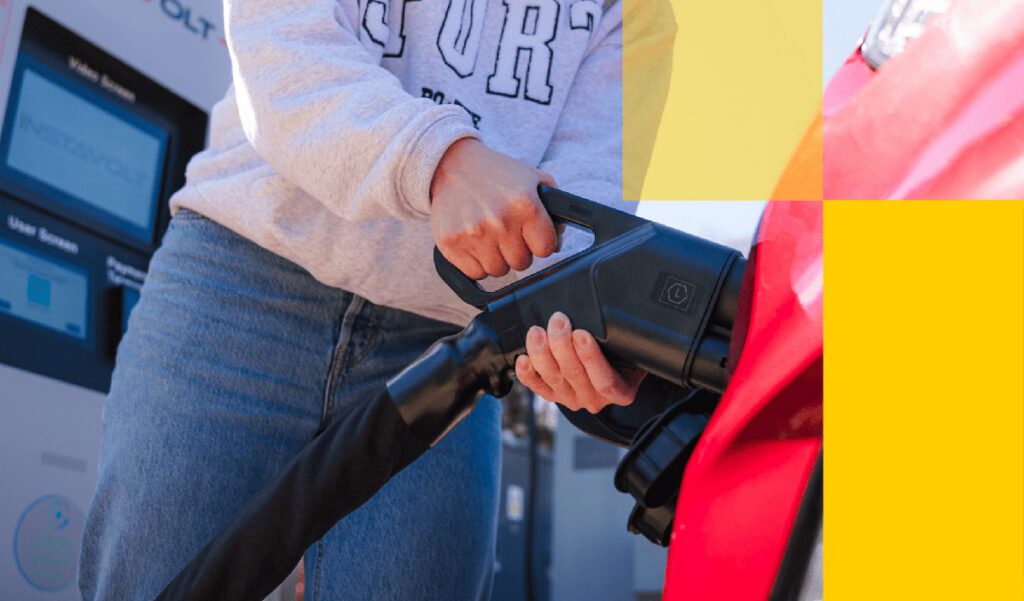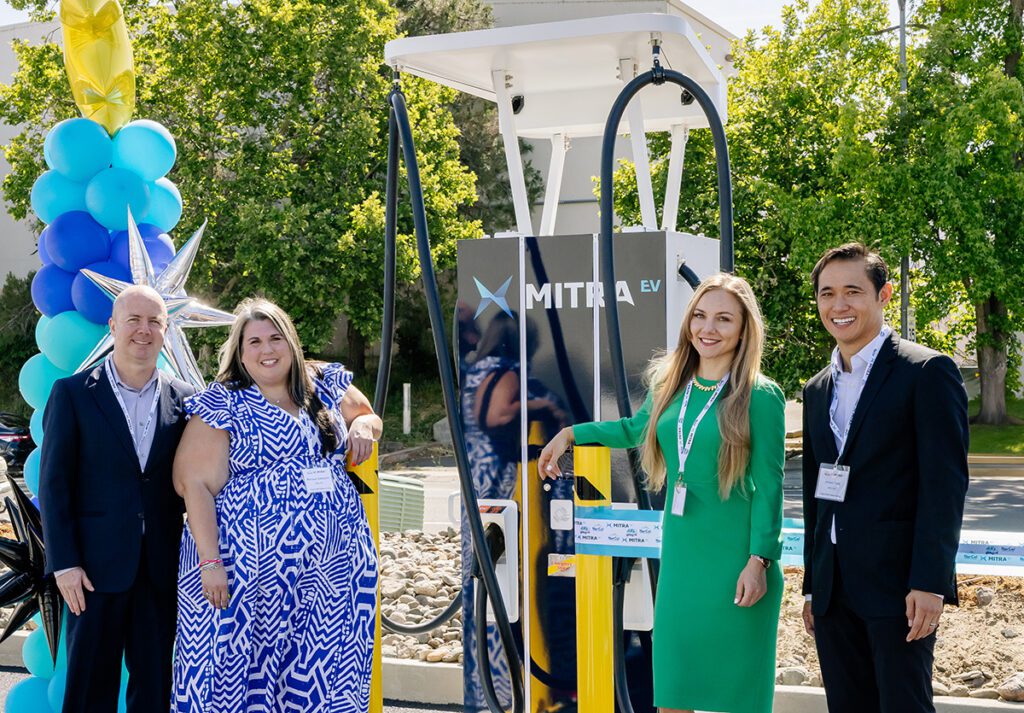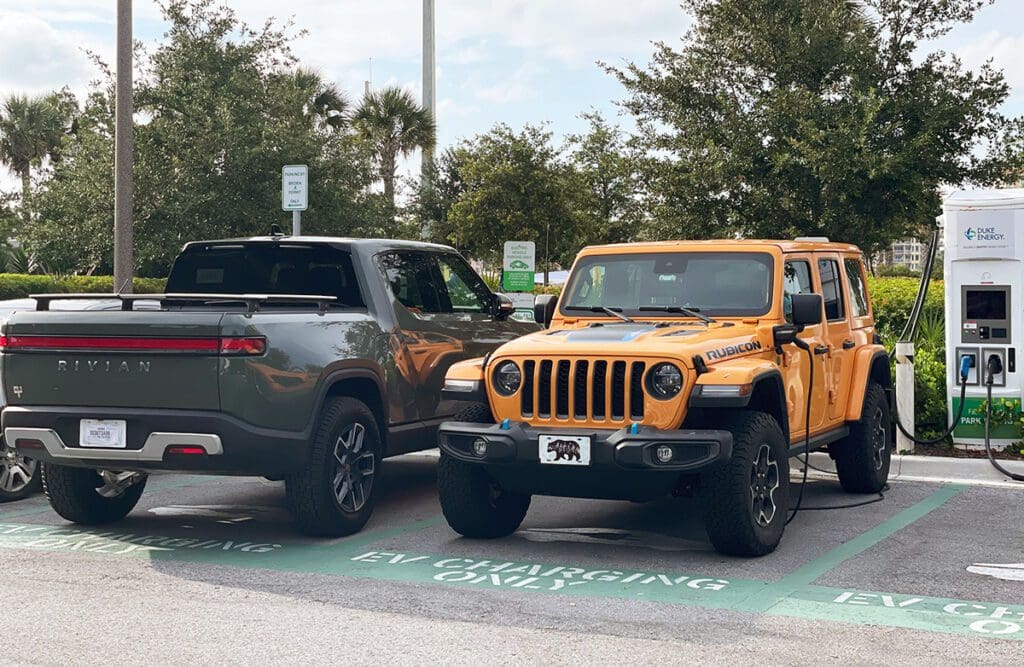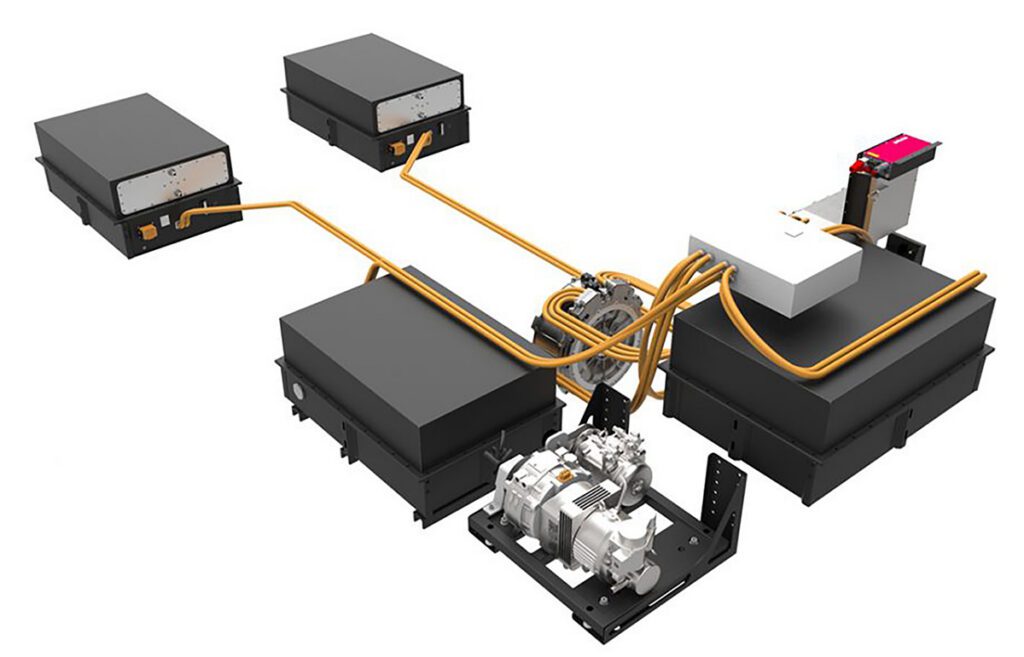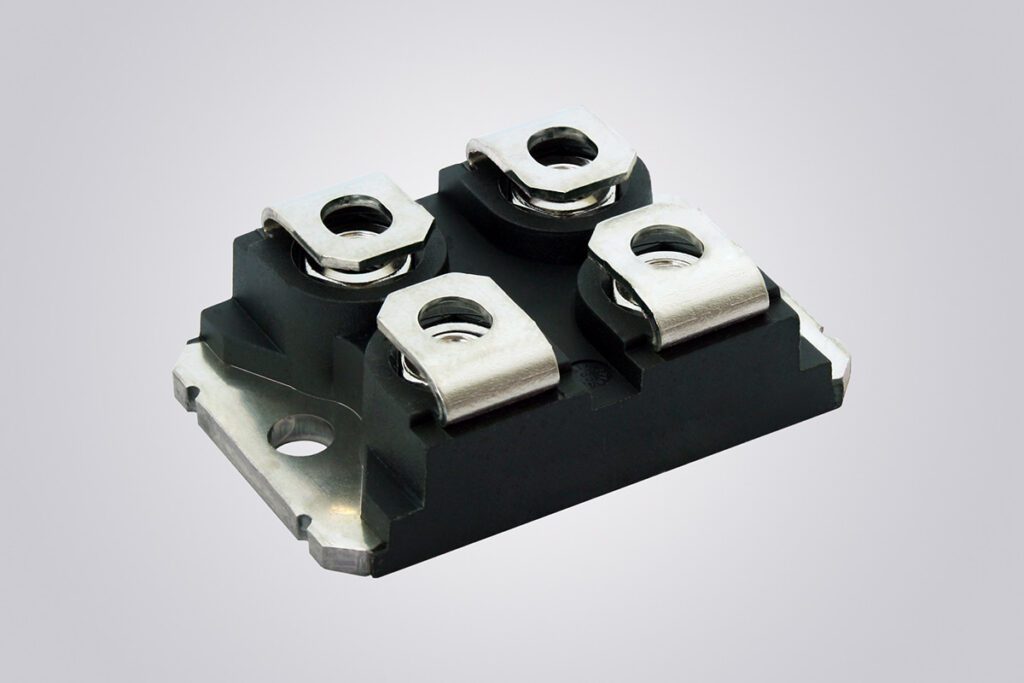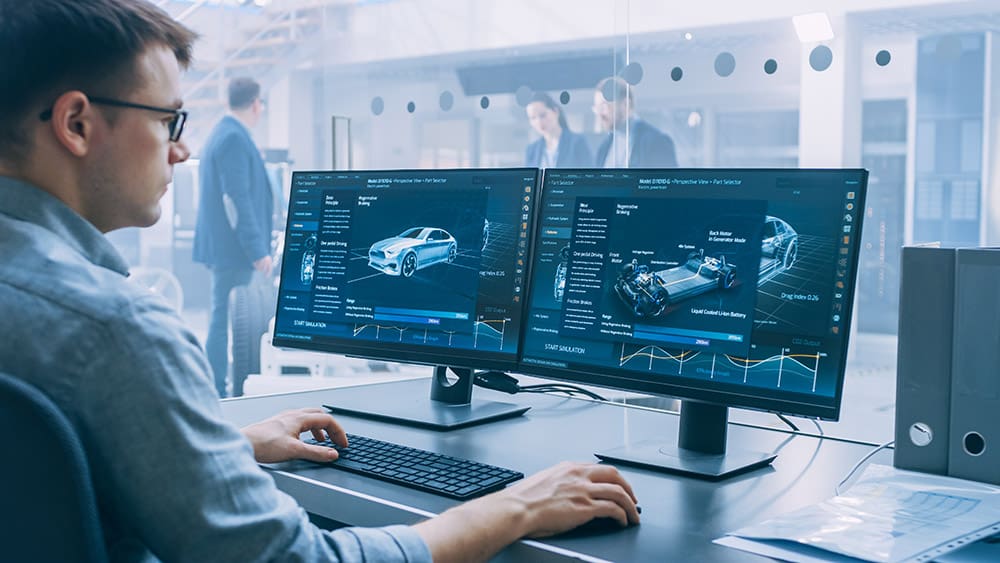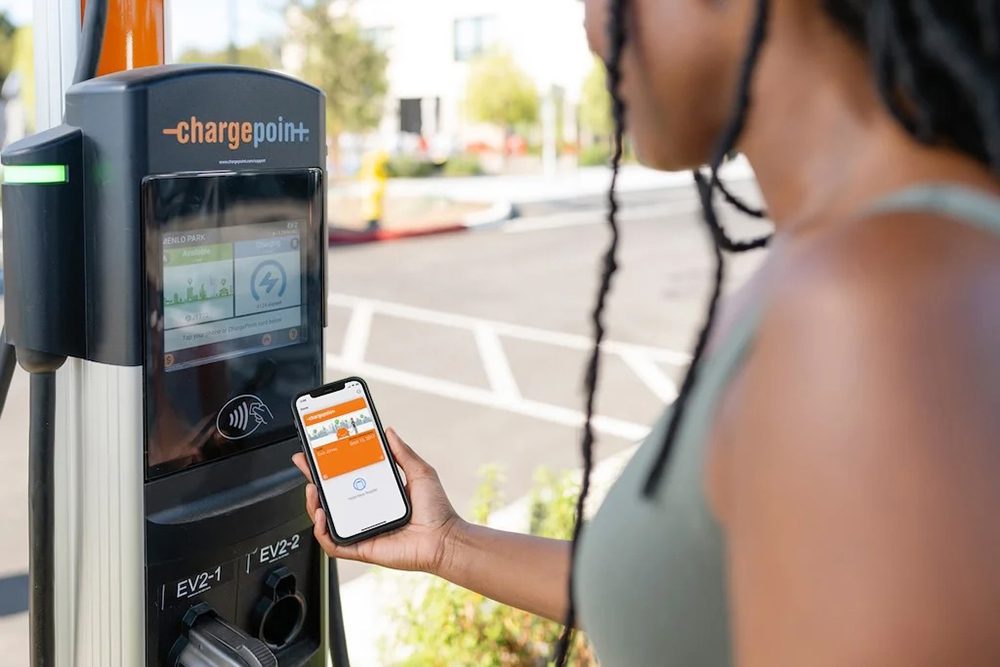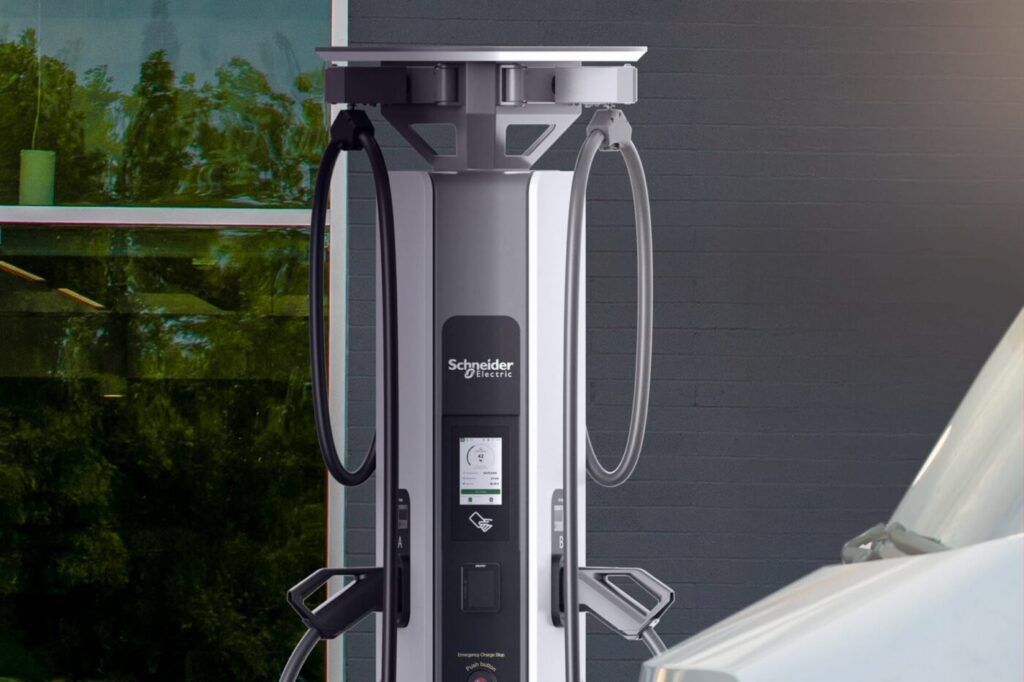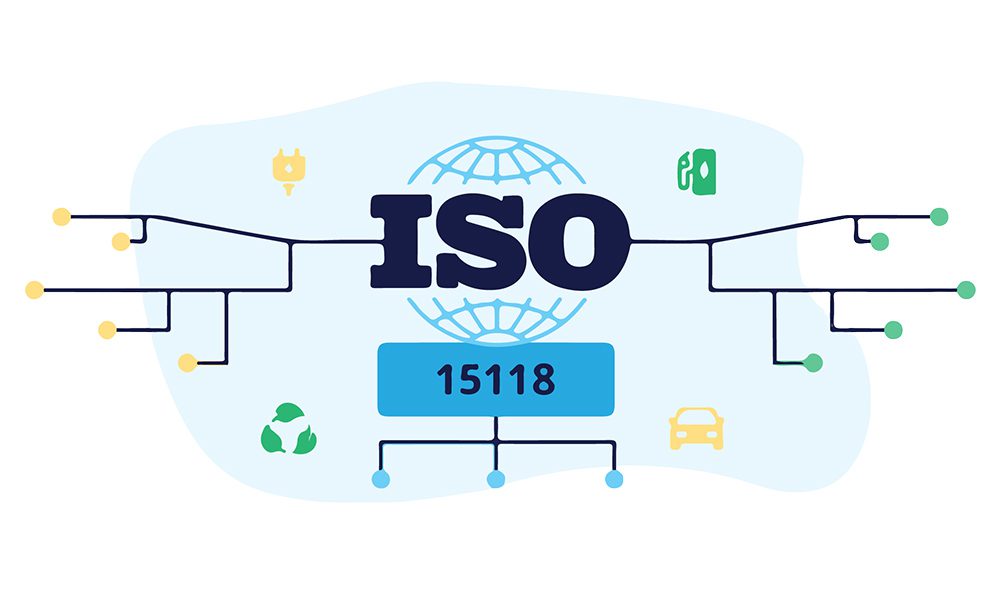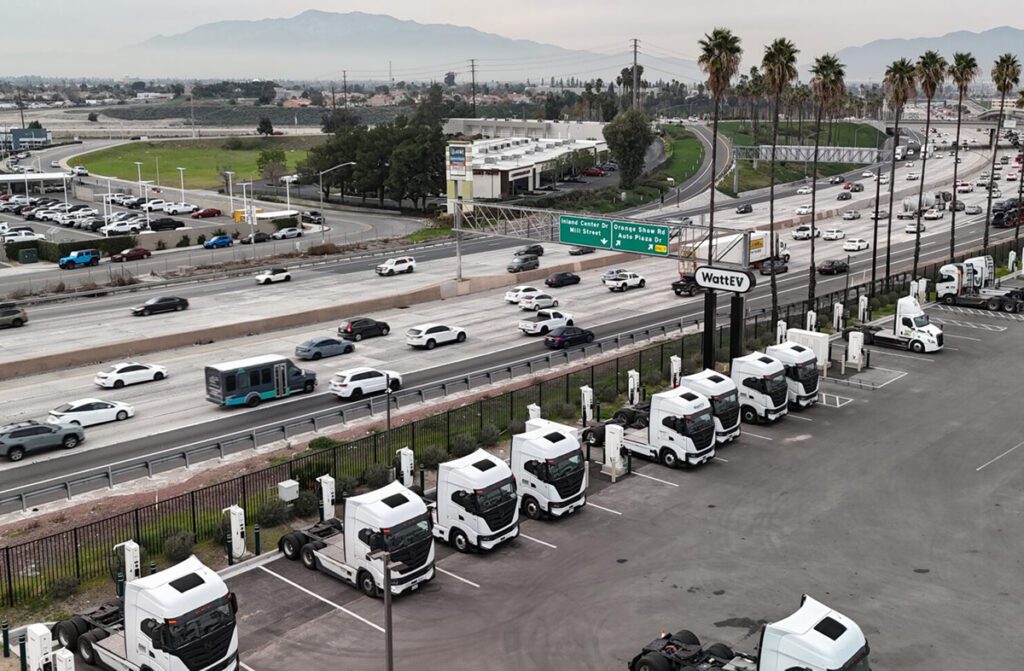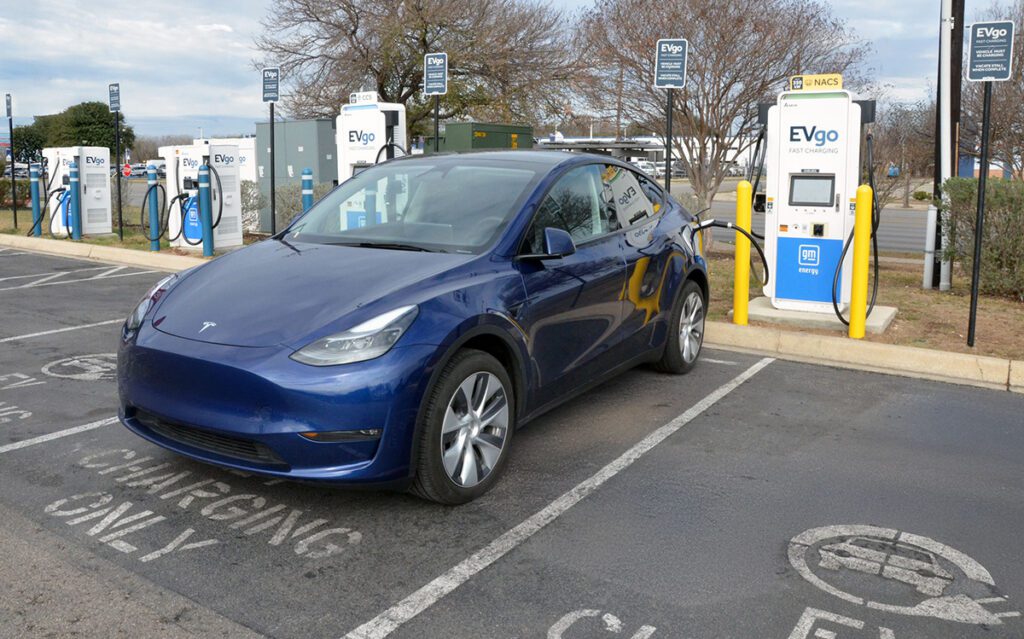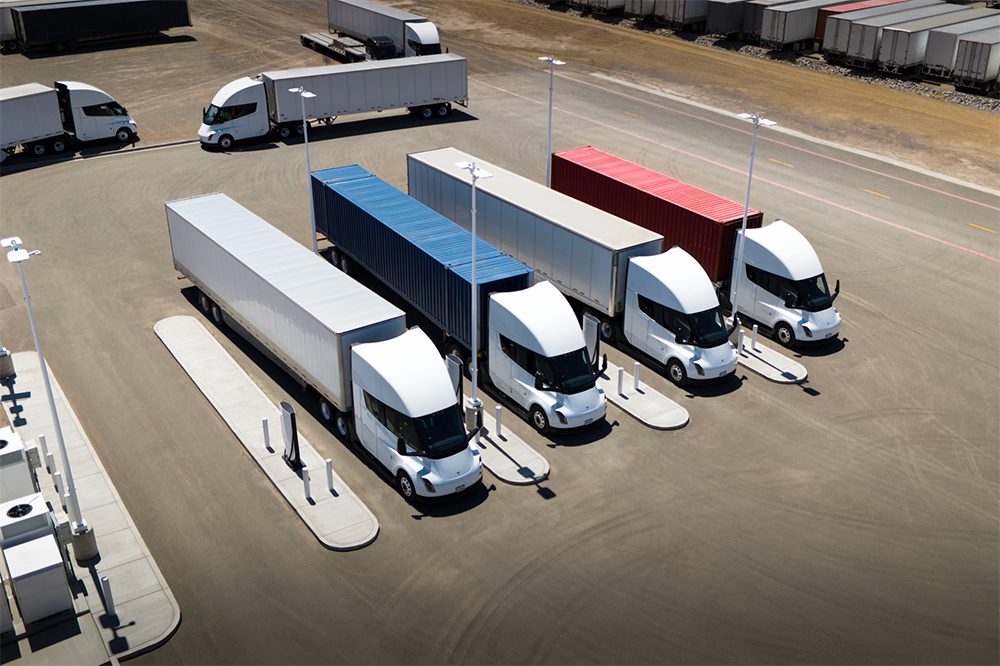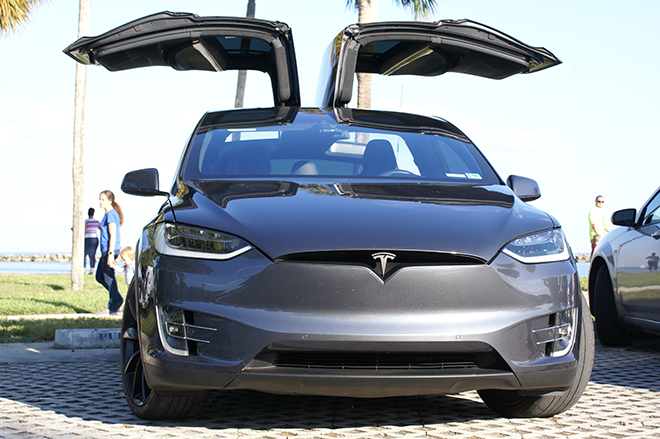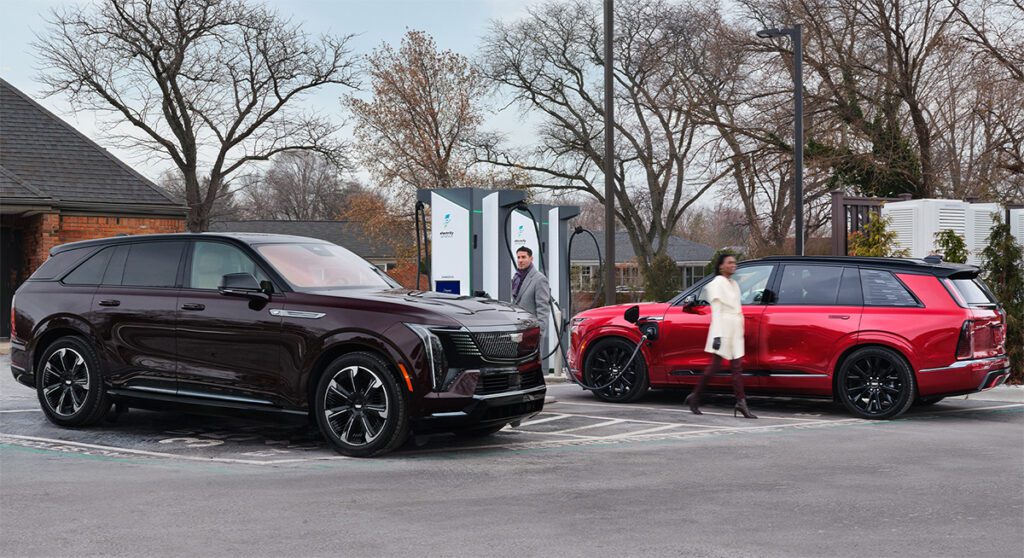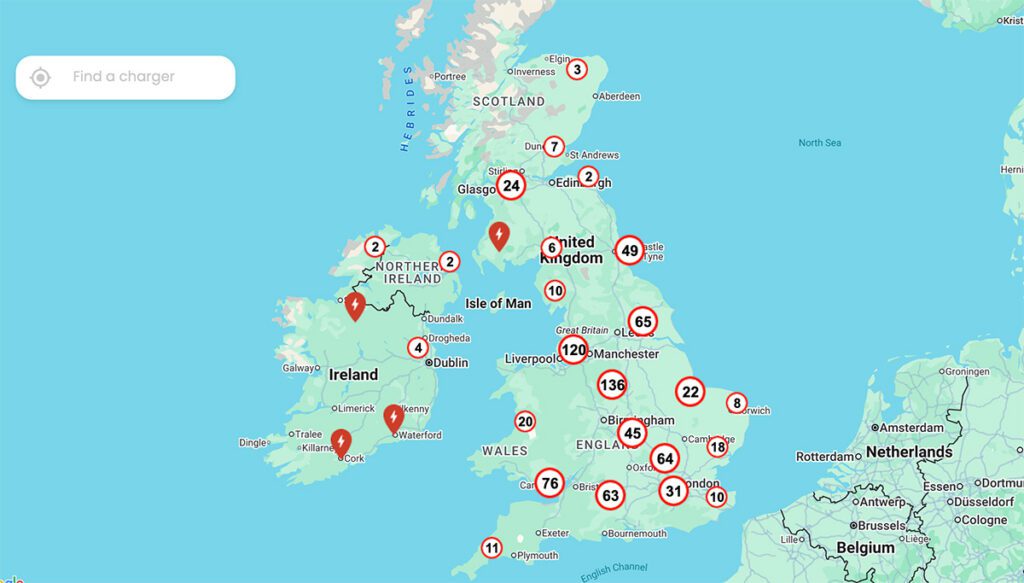Taking a page from Tesla’s book, Toyota plans to make some 5,680 patents on fuel cell technologies available royalty-free. The motivation appears to be much the same – just as Tesla hopes to encourage other automakers to produce battery EVs, Toyota wants to “open the door to the hydrogen future” and “spur development and introduction of innovative fuel cell technologies.”
The patents include 3,350 for software to control the fueling system, 1,970 for fuel stacks, 290 related to high-pressure tanks, and 70 that have to do with the production and supply of hydrogen.
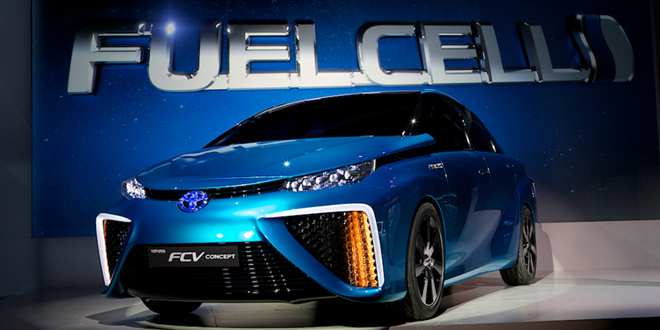
“The first-generation hydrogen fuel cell vehicles, launched between 2015 and 2020, will be critical,” said Toyota Senior VP Bob Carter. “A concerted effort and unconventional collaboration [among] automakers, government regulators, academia and energy providers” will be required.
Meanwhile, BMW has announced that it will begin testing fuel cell vehicles in the near future. However, Sales and Marketing head Ian Robertson said that advances in battery technology may render them obsolete before they reach production.
BMW conducted a trial of hydrogen-powered vehicles in 2007, involving a V12 engine capable of running on gasoline or hydrogen. The next generation of test cars is being developed in partnership with Toyota.
“We’ve said we’ll continue to invest in hydrogen and that will result in a small number of production test vehicles being made to prove the technology works,” Robertson told Autocar. “The real issues lie not around what we can do, though, but whether the infrastructure can be built up to supply hydrogen in the marketplace cost-effectively.”
Over the next 10 years, advances in lithium-ion technology, perhaps followed by a switch to lithium-air and/or solid-state batteries could “see charging time and range worries disappear,” according to Robertson. He envisions a time in the future when investment will shift from ICE to battery EV technology. “At some point in the future the technologies will switch over. When the crossover comes and the focus becomes electricity, the rate of learning will accelerate even faster. Relatively, that time is not far away.”
Source: Green Car Reports, Autocar



